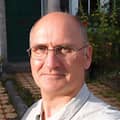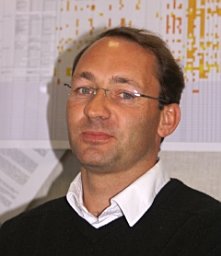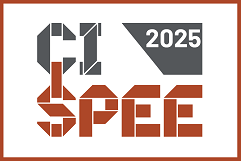WSII-2 - Curriculum Design for an Expedition Learning Semester on Energy Sovereignty Engineering
Overview: Decarbonization is a major objective of the EU, which aims to achieve carbon neutrality by 2050. Decarbonization concerns all sectors. The success of a decarbonization strategy requires coordinated action, in particular with higher education institutions through their science and technology curricula when preparing the next generation of engineers.
After 15mins presentation of the context and theoretical background, participants in subgroups of 3-6 design the structure and curriculum of a joint European final Master-2 semester. The context is a 5-month expedition in an imagined cruise ship with T&L workspaces, traveling between several coastal EU cities to visit both universities and large energy companies, e.g. starting from Portugal. The participants draw the itinerary of the low-carbon cruise ship, a real mobile learning lab, visiting at least 5-7 universities and 5-7 companies and inform a canvas of nine components (cf. Figures, hands-on engagement). The components of the curriculum include: main goals and learning outcomes of the program, entry requirements, structure and contents of the program, teaching and learning methods, location of teaching and learning, interpersonal skills, assessment methods, language of instruction, and ethno- and sociographic aspects, including diversity and equity. Some parts are already prefilled.
At the end of the workshop session, participants engage in a semi-structured discussion on current educational practices and potential future directions, a debate free time depending. No prior knowledge is needed for the workshop, even no expertise in energy training, just openness to innovative ideas in curriculum design.
The workshop provides an opportunity for engineering program designers, educational leaders, pedagogists, and teacher, even students and industrials or territorial decision makers, to exchange innovative perspectives on an exciting semester of engineering training.

Haraldur Audunsson
PhD is an Associate Professor of Physics in the Department of Engineering at Reykjavik University. His educational interests include applied physics, engineering education, and experiential learning.

Siegfried Rouvrais
He is a Research Scientist at IMT Atlantique and Lab-STICC CNRS, and an Associate Professor in Engineering Education. Since 2000, he has led or participated in European and international R&D projects. His work focuses on modeling and analyzing complex software and higher education systems, contributing to frameworks and tools that enhance engineering education. He has authored around 100 international publications and is a senior IEEE member.

